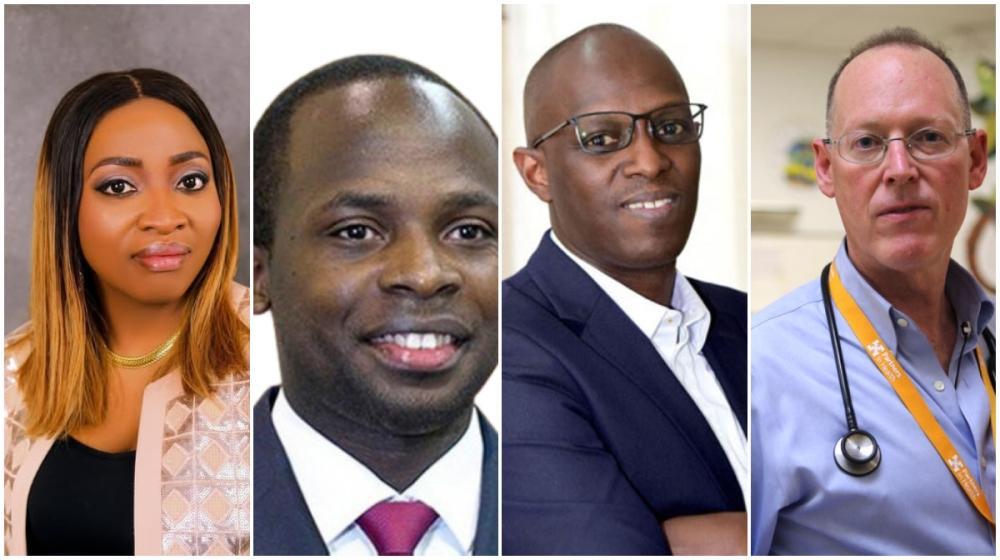Africa-Press – Rwanda. Rwanda’s research community has earned international recognition, with 14 scientists based in the country or affiliated with it listed among the world’s top 2% most influential researchers.
This is according to the Stanford–Elsevier Global Ranking 2025, which highlights both long-term scientific impact and outstanding contributions made in 2024.
Among those recognised are Prof. Léon Mutesa and Abraham Mitike Haileamlak of the University of Rwanda, Corine Kakizi Karema of Quality and Equity Health Care, and Prof. Ogechi Adeola, Deputy Vice Chancellor of the University of Kigali.
The list also includes international scientists who work or worked in Rwanda’s research ecosystem, such as the late Paul E. Farmer, founder of the Burera-based University of Global Health Equity (UGHE), Torsten Schöneberg, Abebe Belayneh Bekele, Alemayehu Amberbir, and Chester Kalinda—all affiliated with UGHE.
The list also features Ayman Ahmed of the Rwandan Ministry of Health, Olivier Uwishema of Oli Health Magazine Organization, Jennifer L. Rickard of the University Teaching Hospital of Kigali (CHUK). There is also David A. Shaye of CHUK and Emmanuel Edwar Siddig of Pan Africa Biomedical Institute.
The Stanford–Elsevier list, compiled annually using Scopus data, recognises the world’s most influential scientists by measuring both the reach and significance of their research. Released in September, unlike the rankings that focus solely on output, this one evaluates real impact, considering citation frequency and scholarly contribution.
Spanning 22 broad disciplines and 174 specialised fields, the 2025 edition of the Stanford–Elsevier Top 2% ranking draws on a Scopus snapshot taken on August 1 and reflects citation data up to the end of 2024.
The ranking evaluates millions of scientists worldwide who have published in peer-reviewed journals, using a composite metric that considers citations, authorship position, and overall impact.
Only about 190,000 to 200,000 researchers make it out of over 10 million active scientists globally, making inclusion highly competitive and a strong indicator of influence and recognition in one’s field.
For More News And Analysis About Rwanda Follow Africa-Press






